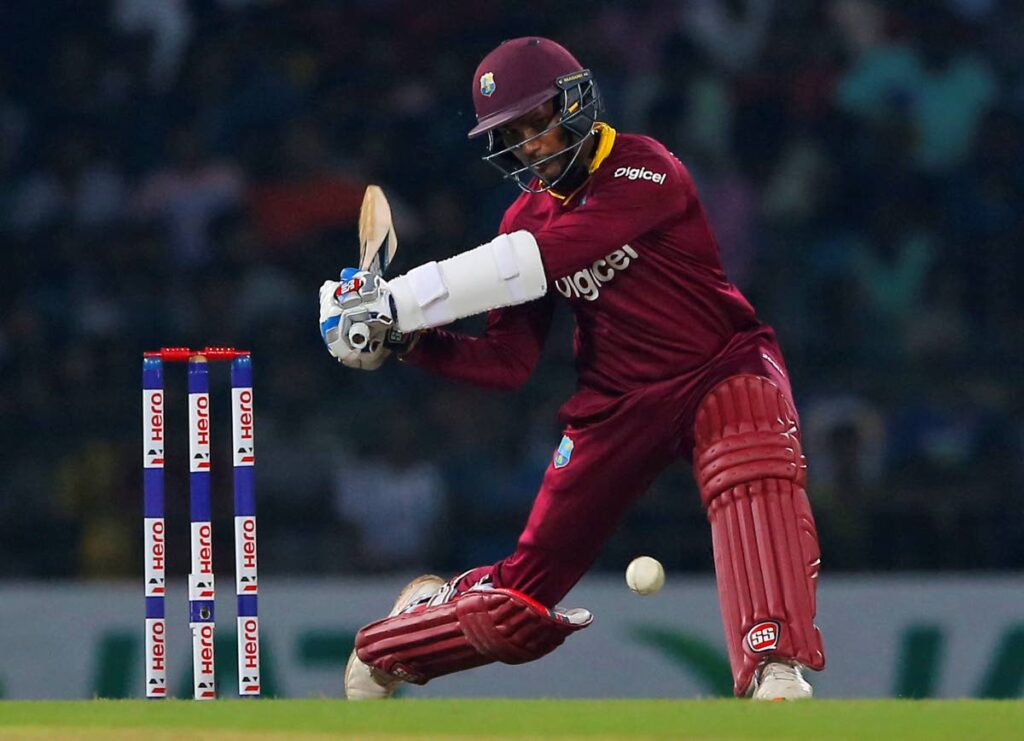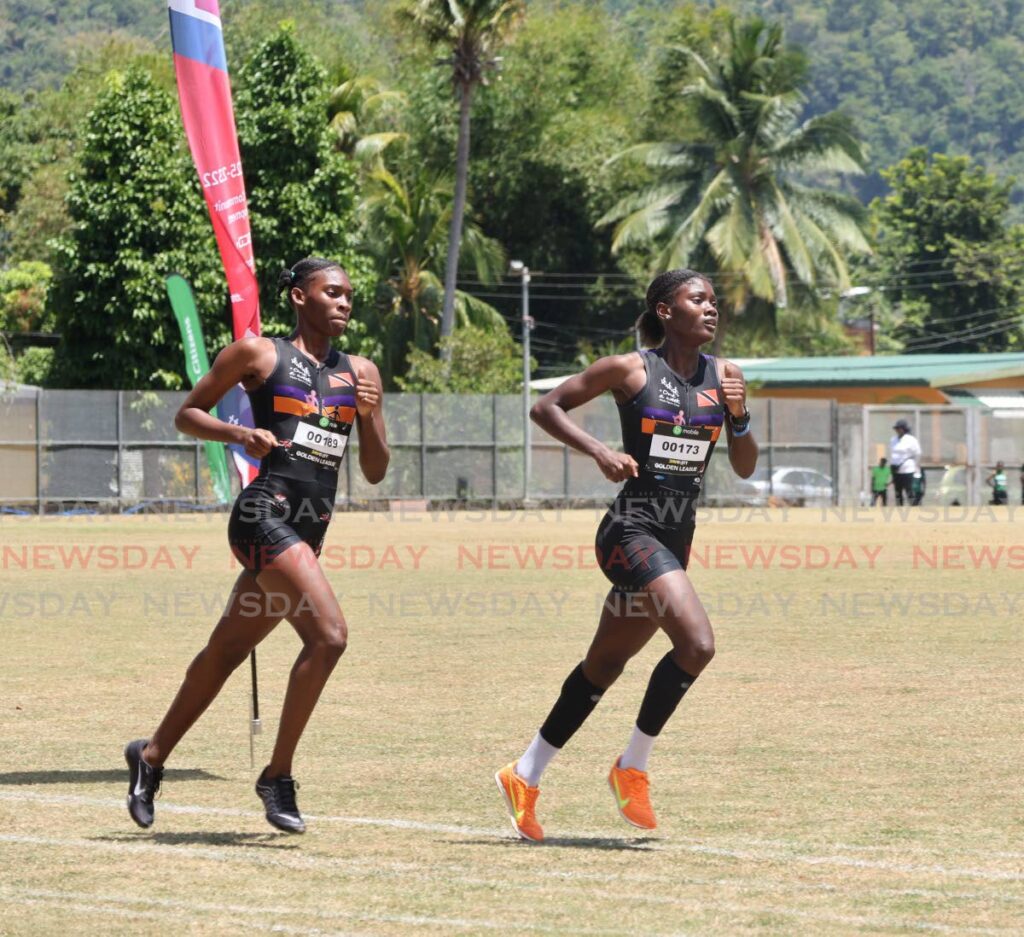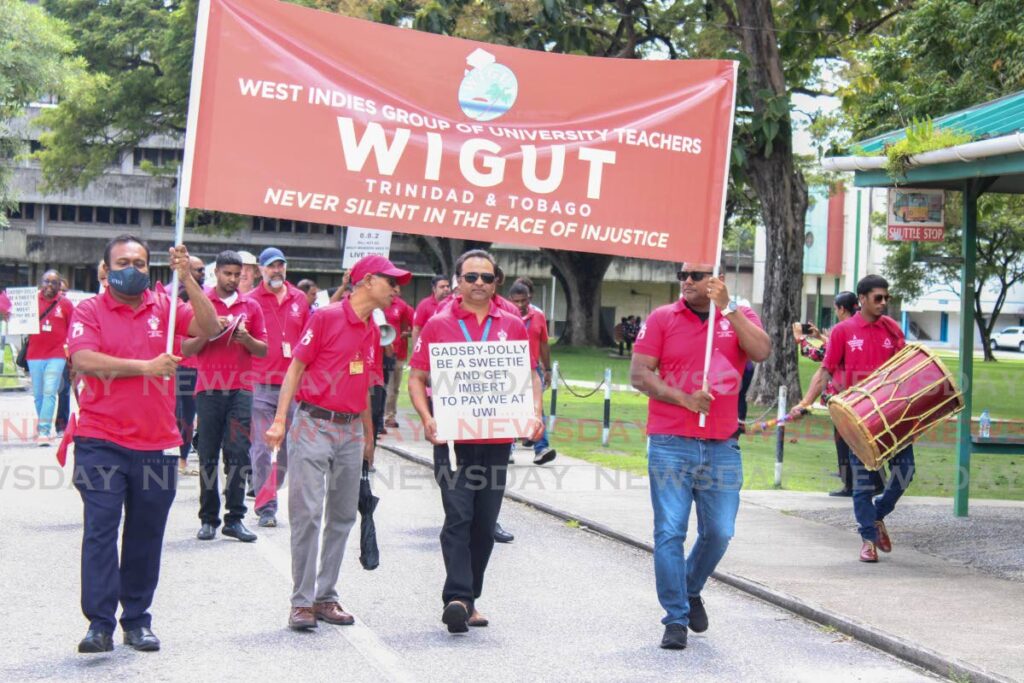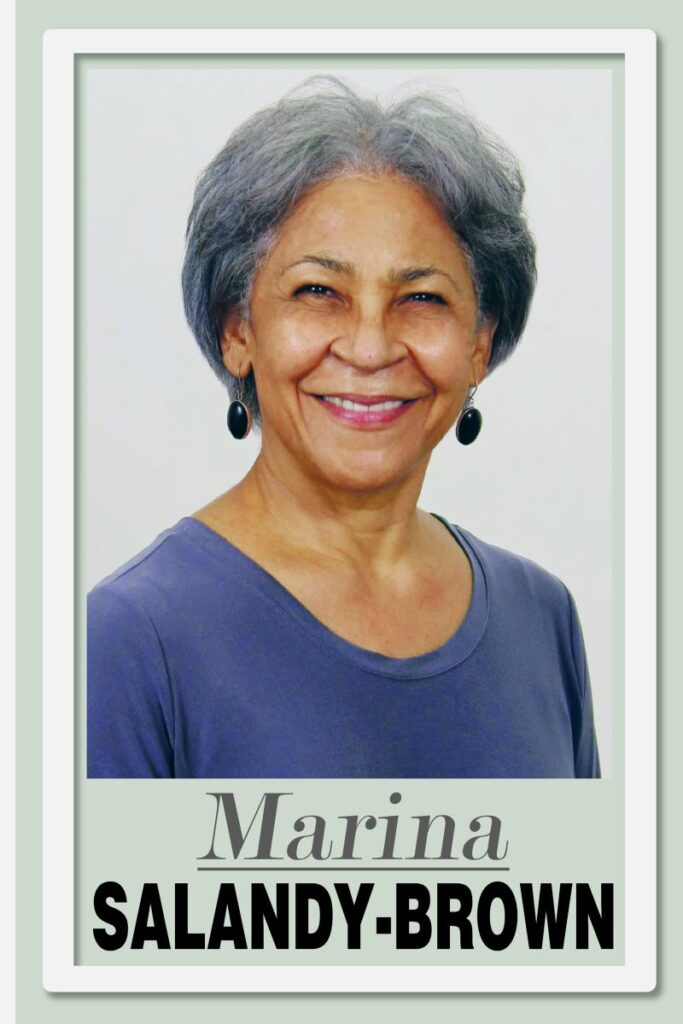Le Hunte, Paray right on party loyalty
Written by reggietnt868radio on November 24, 2024
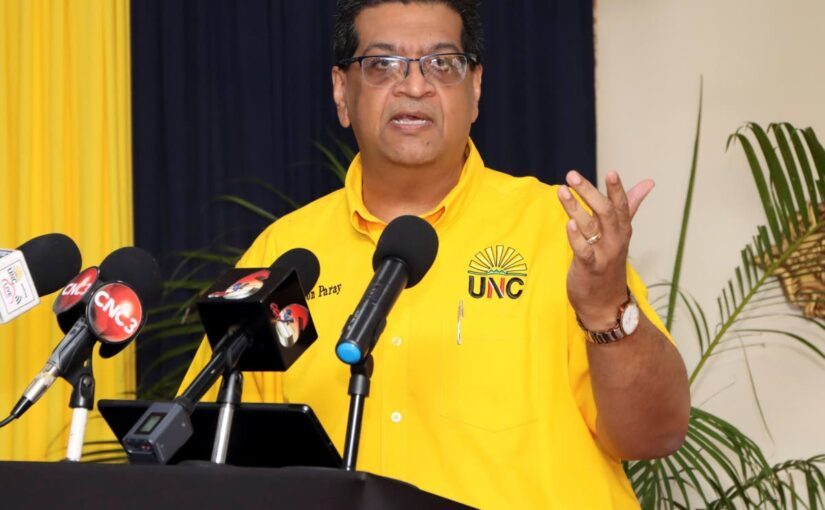
The internal rumblings of the two main political parties, the PNM and the UNC, provide a welcome opportunity for members of both parties and the public to consider the extent to which political parties are really democratic or not and what needs to be done to heal possible breaches.
The democratic nature and political integrity of a party in power or contending for power have serious implications for the manner in which it governs the country. All citizens therefore are entitled to show active interest in the internal processes of such parties.
It is quite instructive that the rumblings in each party were triggered over the vital element of internal elections – the bedrock of party democracy.
Inthe PNM, it is former minister of public utilities Robert Le Hunte, and former Public Services Association president and labour minister Jennifer Baptiste-Primus who bravely questioned their party’s leadership decision to “cancel” the constitutionally-mandated 51st annual convention and internal elections. Le Hunte objected to any “small clique” manipulating the elections.
Why couldn’t PM and PNM political leader Dr Rowley be definite about his “departure,” too?
On the UNC side, pressing for “party democracy,” five articulate MPs – Rushton Paray, Dinesh Rambally, Rodney Charles, Anita Haynes-Alleyne and Dr Rai Ragbir – noisily rocked the UNC boat by publicly questioning political leader Kamla Persad-Bissessar and the leadership over apparent “delays” in calling the party’s internal elections.
The UNC internal elections were eventually held, with revealing results. Paray, like Le Hunte, said his loyalty remains with the party: it’s nothing personal,
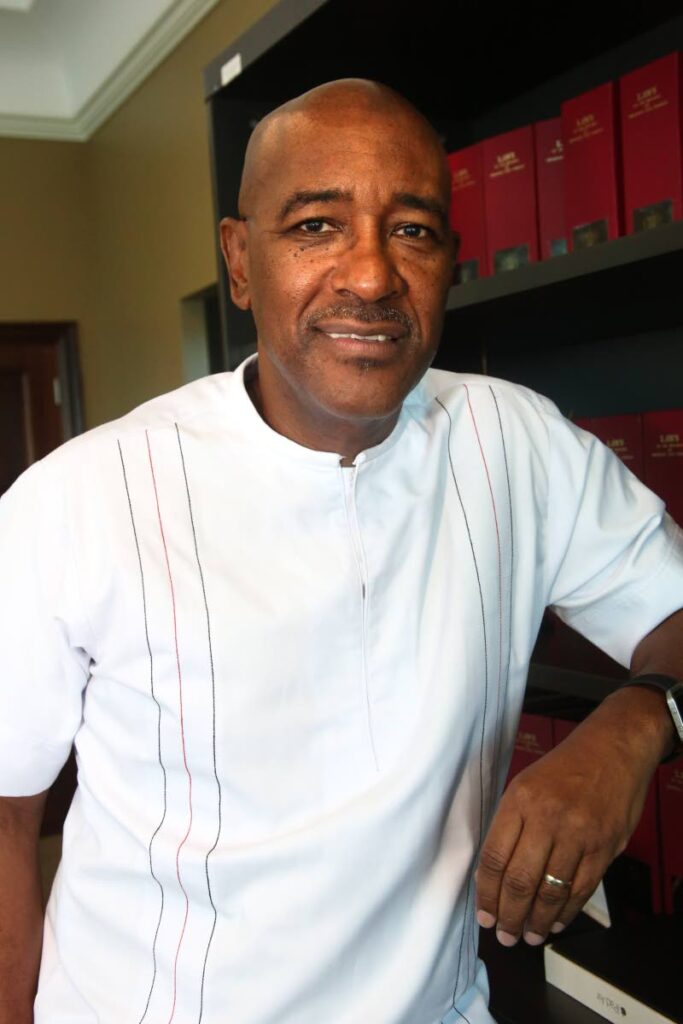
Robert Le Hunte –
These internal rumblings attracted published descriptions such as “bacchanal,” “dictatorship,” “political confusion,” “power struggle,” etc. Not totally so. These are struggles, creative disruptions, to have the parties visibly align themselves with their respective constitutions, and, more fundamentally, with what a healthy democratic party should be.
Win or lose, the few who use legitimate means to shake up their party from becoming unduly fossilised or outdated may well be instruments for a higher purpose.
However, political parties are quite fragile to changing political seasons, entrenched ”massa-type” leadership and ambitious, personality competition. These pose pressing psychological and political challenges for the political leader to balance party discipline with destabilising incursions.
Ask Dr Rowley who proposed “one man, one vote.”
Le Hunte, a former banker and IDB executive director, challenged the surprising October 11 release from PNM general secretary Foster Cummings which said the convention “originally scheduled for November 17 has been cancelled.” Deputy political leader Camille Robinson-Regis, an attorney, explained that the decision had been subsequently ratified by the PNM General Council.
However, another long-time member, Baptiste-Primus, on the basis of executive decisions previously made, expressed strong reservations about the sudden cancellation. Dr Rowley provided a lengthy defence of the cancellation. Baptiste-Primus called it “convoluted.”
Le Hunte hoped the cancellation of the party’s convention was in no way “an attempt to stifle the voice of the people.” He added, “This will be very unlike the PNM. Our founding father Eric Williams and past leaders like Patrick Manning would be rolling in their graves if this were so.”
He further warned against party members “having blind loyalty,” and that loyalty should not be to a person or party, but foremost to the party’s constitution.
I note Court of Appeal judge Mark Mohammed’s recent advice to Roytec-UWI graduates: “True loyalty involves doing what is right even when it is deeply uncomfortable.”
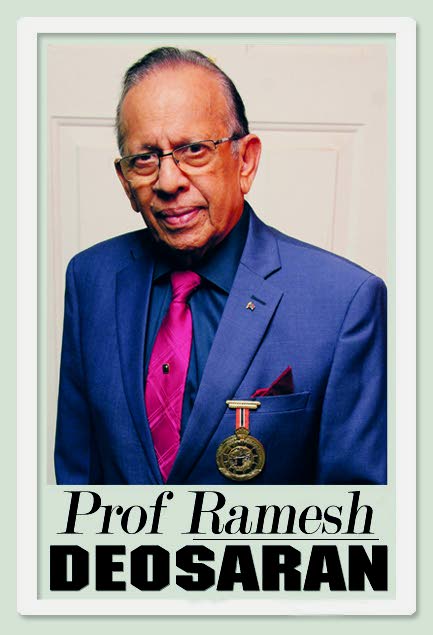
–
Now it is not yet clear how the PNM leadership will handle Le Hunte, a gentleman with a commendable reputation, and Ms Baptiste-Primus, who is not shy of fighting for her convictions.
The UNC five, not yet facing due process, have been put at the “back of the class,” as it were, in a hint that they will not be among the party’s election candidates. While their spatial demotion demonstrates some party discipline, it doesn’t look too good from the outside, especially heading into the elections.
In both PNM and UNC cases, these challenges to the party leadership will not end early. Both Le Hunte and Paray’s loyalty to their party’s constitution for protection will be tested. Both parties are striving to validate their democratic status. Le Hunte’s declaration about misplaced loyalty brings to mind former US presidential candidate Kamala Harris’s own declaration that voters must have “loyalty to the country’s constitution before any person or party.”
While there are practical challenges in maintaining such an ideal, the declarations by both Le Hunte and Harris suggest how a country or party’s constitution should be used to protect and preserve its democratic processes.
The post Le Hunte, Paray right on party loyalty appeared first on Trinidad and Tobago Newsday.
